Book Review: Metal from Heaven by August Clarke
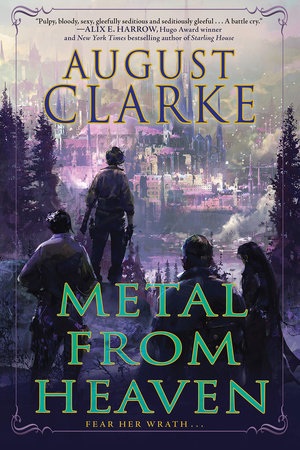
It starts off as a novel interested in worker’s rights…and changes into a novel about anarchy and communes with the equivalent of a pirate town, as we watch Marney grow into who and what she is. It’s a novel that explores Marney’s power and disability, her toxic ability to manipulate Ichorite, that both poisons her and yet is also malleable to her magical power.
The Incandescent by Emily Tesh

It’s not that surprising to me that this perspective has been uncommon in fantasy, because the shininess of students learning magic is just so iconic and emblematic. But Tesh shows us that the space of teachers, adults, in a “magical school”, as front and center characters, is intensely interesting.
The Sentence and Secondary World Science Fiction
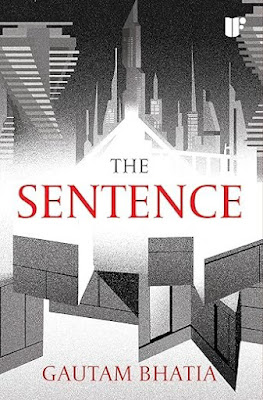
… Although it is cumbersome to obtain at the time of writing (it is only currently published in India), if the idea of a SF legal thriller that turns on questions of sociology and society in a secondary world thrills you, The Sentence is definitely worth your time.
Review: Necrobane by Daniel M Ford
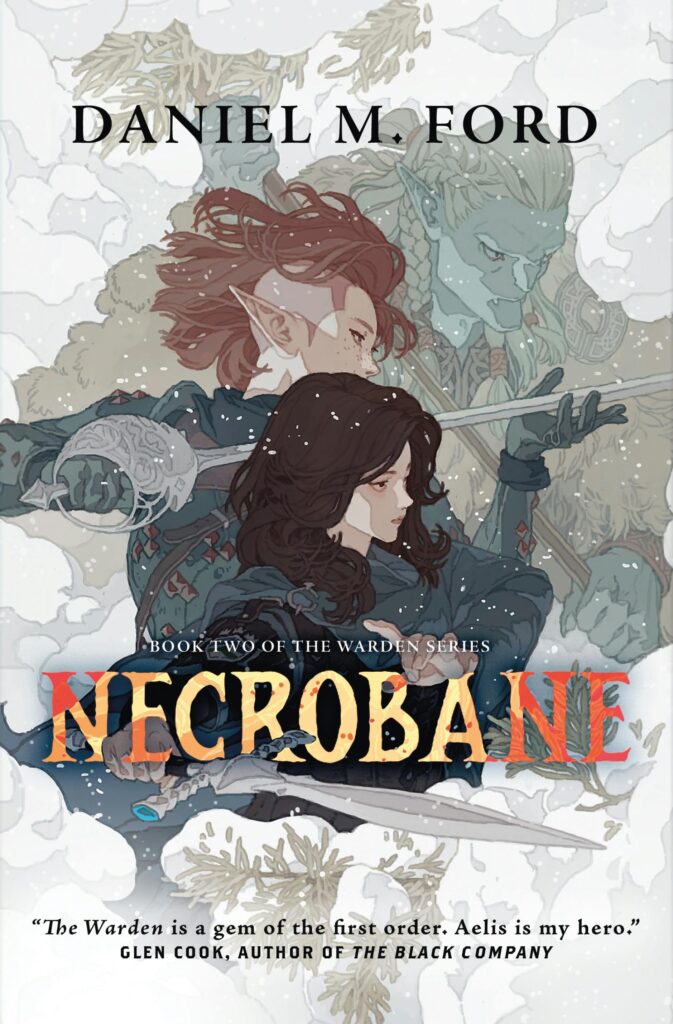
Some of the less than smart choices Aelis made in the first book, and in this book, really do come back on her. This is a book that is all about the consequences of personal actions, on scales ranging from Aelis’ health, to the fate of a friend, to the main plot, the wave of undead threatening the borderlands that she set in motion.
Book Review : City of Last Chances
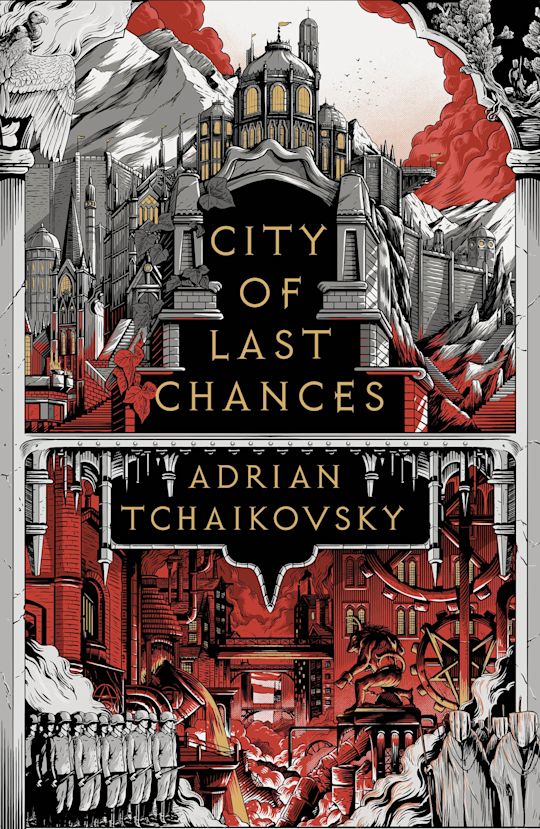
… And so we come to Adrian Tchaikovsky’s The City of Last Chances. With the recent publication of the third book in this ‘verse, Days of Shattered Faith, I thought it would be good to take a look at how the series began.
Mining the Genre Asteroid: The Coming of the Quantum Cats
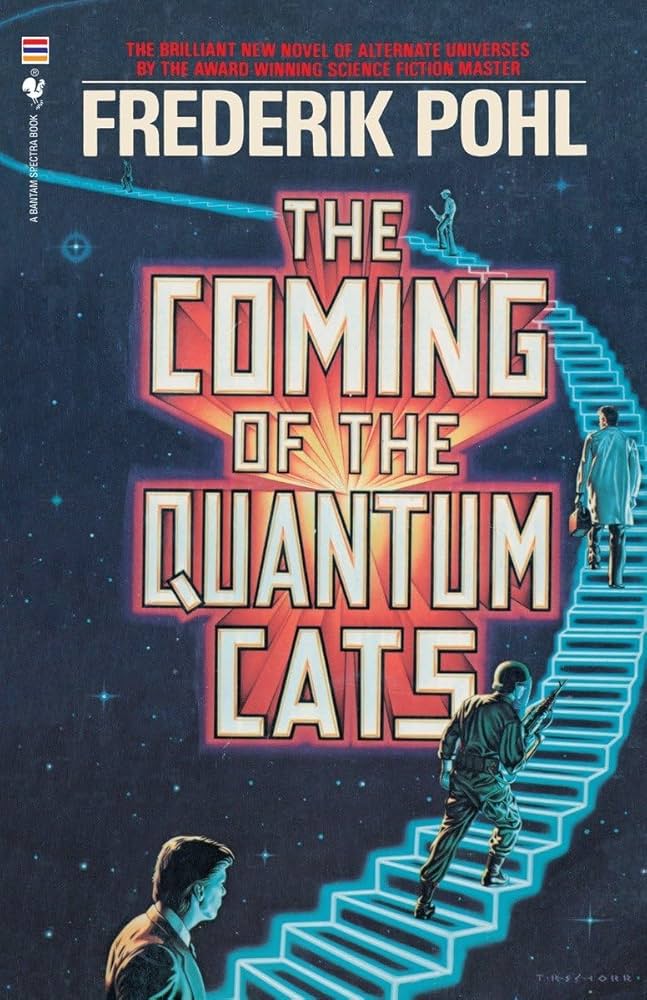
“… Pohl’s thesis, in this book, is that people are a mixture of nature AND nurture. The relatively retiring Nicky DeSota IS the same person as the hardbitten general, or the philandering Senator, and when push comes to shove, they can transcend their natures, or their upbringing, as the case may be. …”

